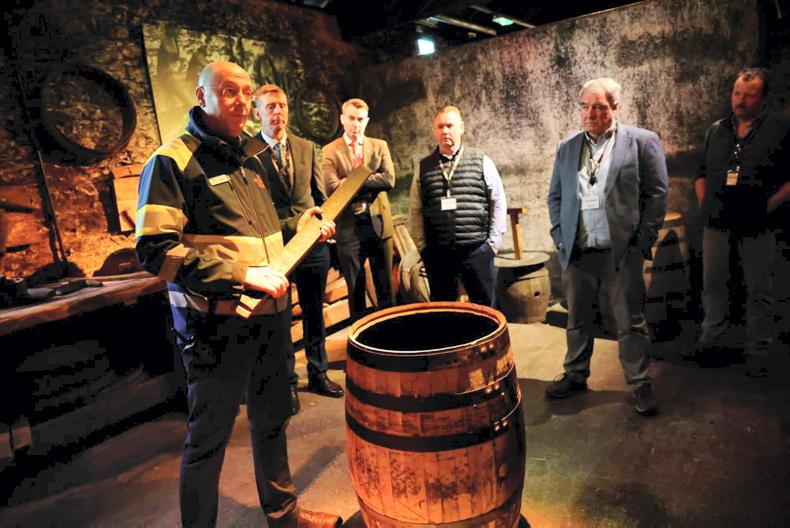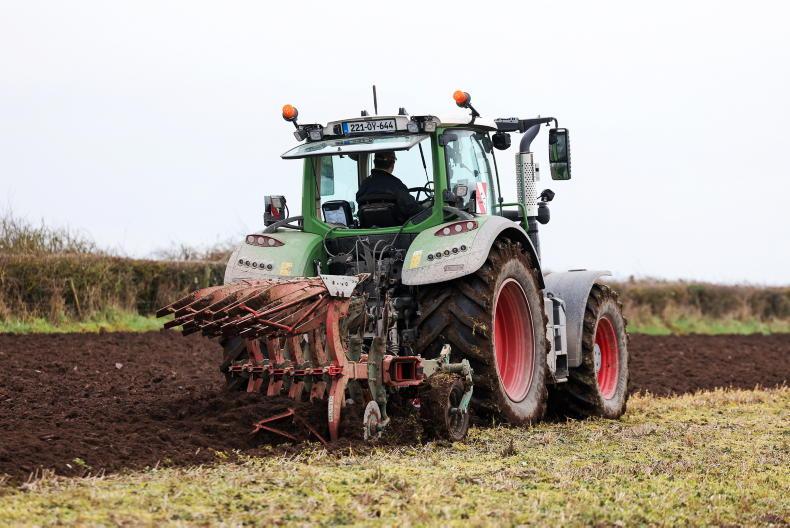Land is wet: The wet December and damp start to January has left many soils saturated. This means little opportunity to do anything for the time being. Some recent attempts to spray crops have resulted in very messy tramlines.
Ponding could now result in blank patches in crops which were well established. This reinforces the importance of improving water percolation through tillage soils. The only sustainable way to do this is by increasing earthworm populations and this is most effectively done by adding organic matter to soils to feed a build-up in numbers.
In the short-term, it is important to let ponds drain away, if possible, by cutting a channel to an open drain. This would help save the plants in a flooded patch of winter crop.
Bean seed concerns: The new protein support payment has generated increased interest in protein crop planting, especially of beans. A shortage of seed seemed inevitable as certified seed multiplication could not have predicted the increased demand. British growers also opted to increase their legume area to fulfil their crop diversification requirements.
Another problem has emerged on the seed side. A number of samples submitted for testing to the Seed Testing Laboratory have shown the presence of nematodes. This is a different type of problem to potato or cereal nematodes, but it does represent a long-term threat that needs to be addressed.
A number of home-saved seed samples have tested positive for nematode infection, a problem not previously associated with this country. It has been an issue in Britain in recent years, but testing is not obligatory for certification. However, all available advice suggests that nematode infected beans should not be used for seed.
Bean stem nematode transfers via seed and plant material in an animated state, so you can infect clean land by planting infected bean seeds. It will also attack other crops and there is a perceived risk with oats. Current advice suggests that it would take 10 years of non-susceptible crops to clear land from infection.
So growers are advised to discuss the nematode status of bean seed before planting. No sample tested for certification has been found to be infected to date. Do not risk importing this problem via seed if you are a new grower. Growers who require a nematode test should contact the Seed Testing Lab on 01-6157518 or email seedtesting@agriculture.gov.ie
Crows: They remain a very serious threat to establishing crops and are very difficult to move off. Preventative action remains important, but direct feeding on stubble ground may be the most successful way to minimise damage to the crop. This would mean three to four stone of oats spread on a neighbouring stubble or grass field, possibly on a daily basis. But it is not a big cost to protect a current crop.
Conferences: The CAFRE/UAS/UFU conference takes place in Greenmount on 13 January. The Teagasc National Tillage Conference takes place in Kilkenny on 29 January.










SHARING OPTIONS